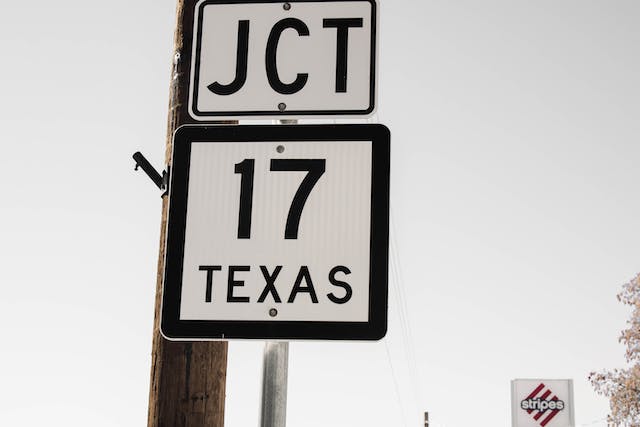For most food businesses in Texas, having the necessary license is a non-negotiable requirement. Retail food service establishment permits and licenses ensure that your restaurant, food truck, grocery shop, or cafe complies with food safety requirements and other local business laws. Failing to have your business inspected and licensed not only puts your customers at risk but also jeopardizes your livelihood and reputation. What exactly is the penalty for selling food without a license in Texas?
The Penalty for Selling Food without a License in Texas

If you operate a food establishment without a license in Texas, a city attorney, county attorney, or district attorney can sue you in district court and force you to cease operations.
Selling food without a license in Texas can be classified as either a Class A or Class C misdemeanor. Each day you continue to sell food without proper licensing counts as a separate offense.
You may face financial penalties in amounts up to $10,000. However, these penalties do not apply to cottage food operations, which do not require permits or licenses. If you think the food you sell may qualify as ‘cottage food,’ double-check with the Texas Department of State Health Services.
Does my food business need a license?
As a business owner, you must understand that the state of Texas requires different licenses depending on the nature of your food business.
Here are the different food business licenses in Texas:
Mobile Unit Food Operation Permit
Temporary Food Establishment Event Permit

The following food operations do NOT require permits in Texas:
- Daycare facilities.
- Establishments that offer pre-packaged foods that are not potentially hazardous (vending machines, concession stands, etc.)
- Produce stands offering whole, uncut fresh fruits and vegetables
- Food processing plants
- A Bed and Breakfast limited facility
- A private home that receives catered or home-delivered food
- Charitable bake sale
- Cottage food operations
For small businesses, particularly start-ups, the cost of applying for and maintaining a license may seem burdensome. However, weighing this against the potential penalties and harm to your reputation, it is clear that investing in obtaining a license is worthwhile.
Through education, due diligence, and obtaining the correct licenses and permits, you can protect your business and the public it serves. Compliance is not just about avoiding penalties; it is about establishing a reputation as a trustworthy and safe food provider.